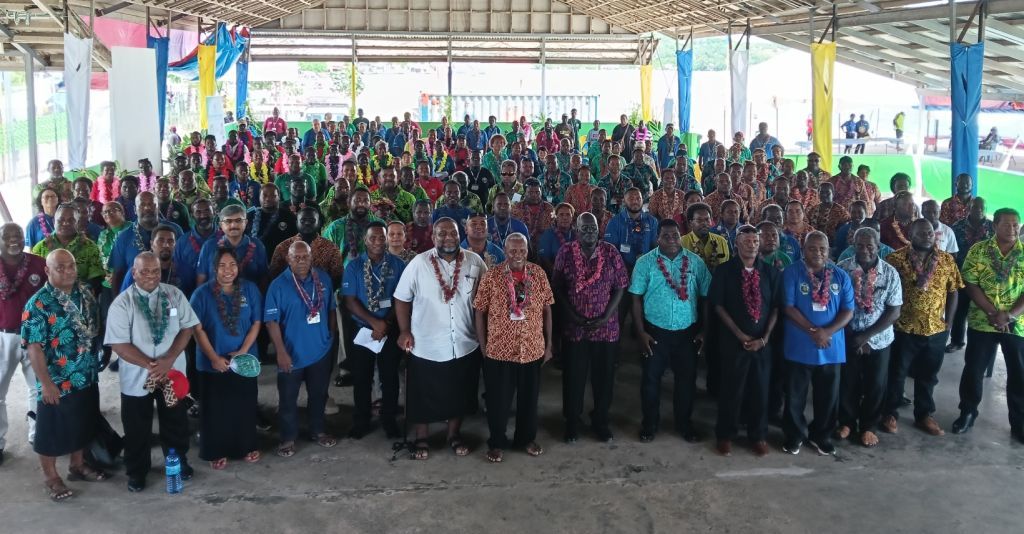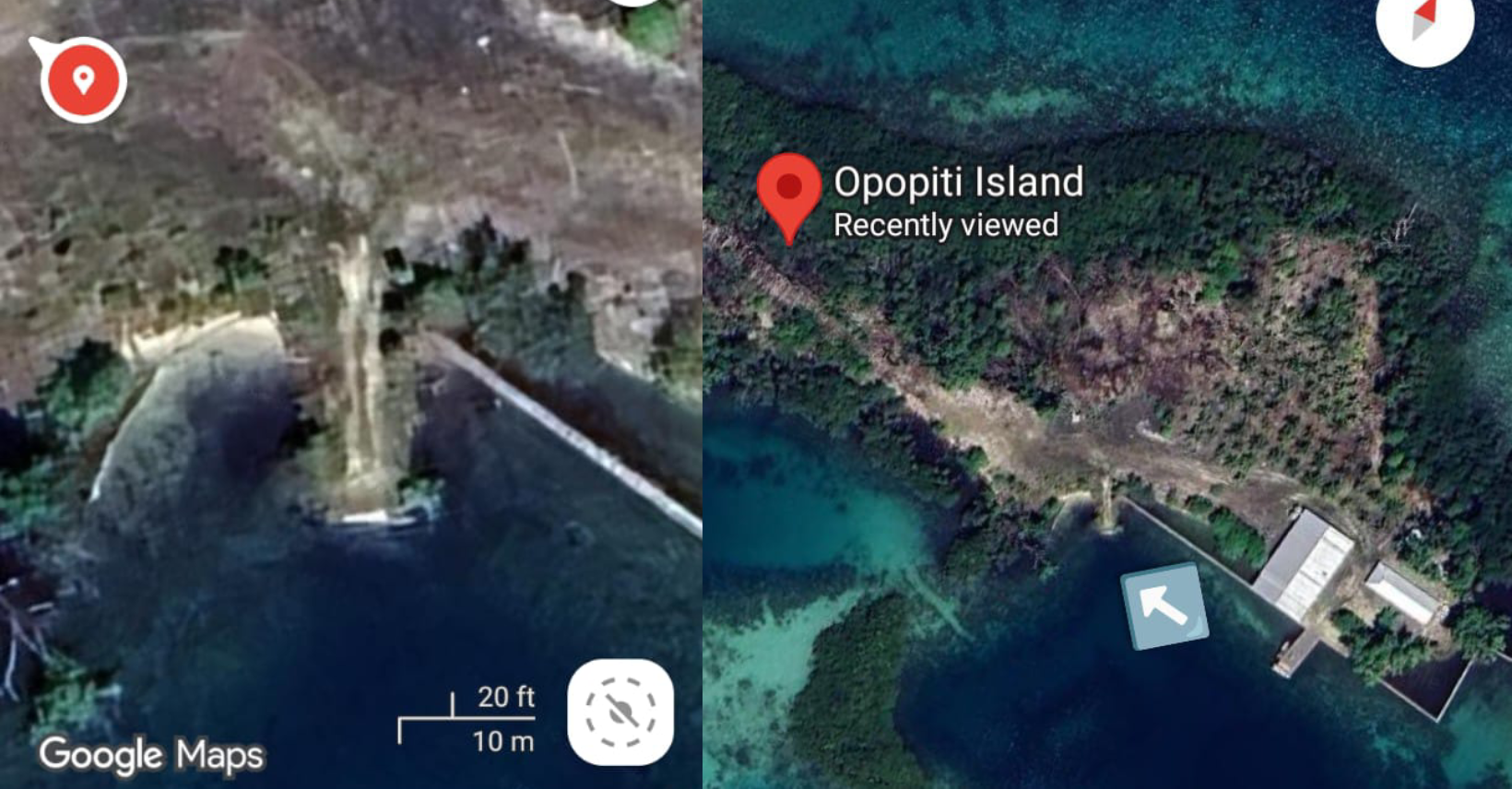BY JOHN HOUANIHAU
The Conservation Division within the Ministry of Environment, Climate Change and Disaster Management is ready to assist communities faced with the impact of logging operation.
MECCDM Conservation Division Mr. Joseph Hurutarau said that when responding to concern raised by villagers at Pipisu village in West Areáre and surrounding communities regarding an abandoned tugboat that start leaking oil in the area.
The tugboat which was formally used by Jubilant Development Logging company start to leak oil after it has sunk in 2020 after ceasing operation since commencement of operation in 2018.
Villagers worried that this might resulted in huge damage and impact on the marine ecosystem that they depend on for their livelihood and to generating income.
Speaking with Director Hurutraau in an interview, he said that there are specific agreements that pertain to those areas, detailing what the company is required to do both during and after the operations.
He said that while it may pose a challenge if the company has already vacated the site, it would still necessitate the company to undertake a cleanup operation.
“If complaints arise from the community, we will initiate an impact assessment of the area and provide support to the villagers, which means we must engage with the company to ensure they address this issue responsibly. Once we receive formal complaints, we will assist the villagers in communicating with the company or licensee to ensure they properly manage the bulky waste.
“We will review the development consent and environmental management plans applicable to those specific sites. Regarding compensation, it varies based on the community and the assessments conducted,”Mr Hurutarau said.
He said that most cases are generally pursued as civil matters; if a company fails to resolve the issue outside of court, it must be addressed through legal proceedings, and the Division typically offer its support in such situations.
However, he noted that some of these agreements are not adequately addressed, and at times, landowners do not receive appropriate legal counsel on these agreements, which hinders their understanding of what emerges during and after the operations.
“These areas, particularly those concerning post-operation activities, are often neglected. It is essential to prioritise this aspect, and when it pertains to our role, it involves managing the impact of the operations on the environment, which falls under our mandate and processes, particularly in relation to the Environmental Impact Assessment (EIA) report,” he said.
“Typically, the EIA report outlines environmental management strategies to mitigate impacts during operations. One critical aspect they must consider is the post-operation phase, especially concerning bulky waste, which I believe is very significant for us; it needs to be clearly articulated, particularly regarding equipment such as machinery, etc. Therefore, these cases must be addressed individually to resolve such matters,” Mr Hurutarau said.




